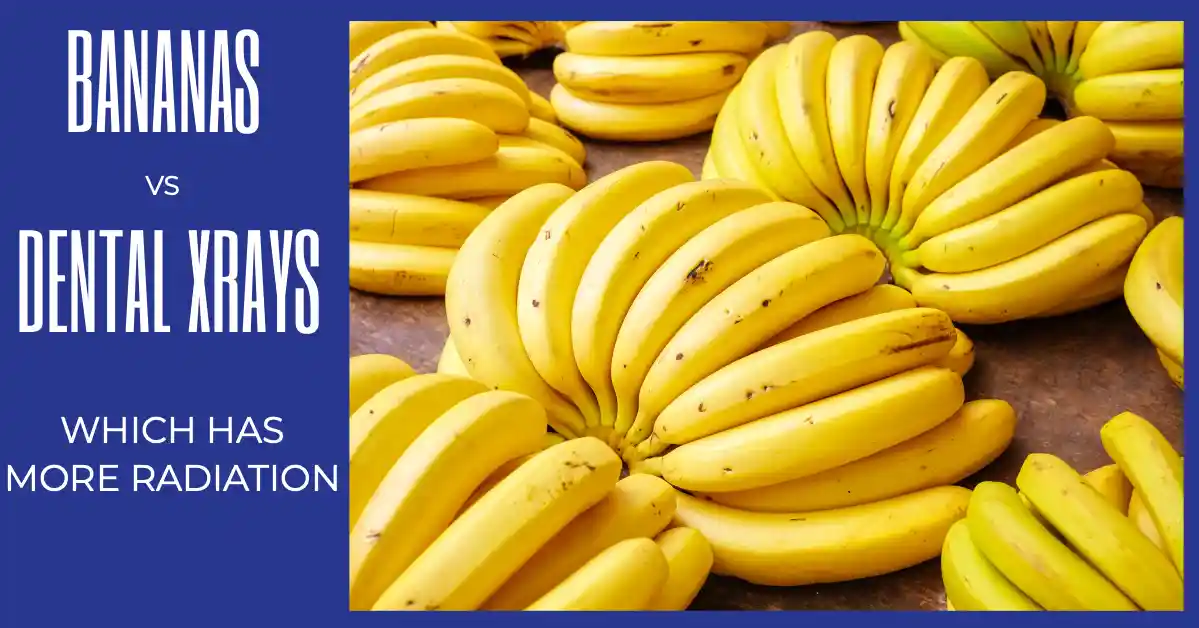
The debate about fluoride in drinking water has been making headlines, especially with more cities opting to go fluoride-free. But what does this mean for your dental health? At Elite Boca Dental, we're here to guide you through the impact of fluoride-free living and the crucial steps you can take to maintain a healthy smile.
What is Fluoride and Why is it Important?
Fluoride is a naturally occurring mineral that strengthens tooth enamel and helps prevent cavities. It's included in most municipal water supplies because of its proven ability to reduce tooth decay on a large scale. According to the Centers for Disease Control and Prevention (CDC), water fluoridation is one of the greatest public health achievements of the 20th century, benefiting millions by lowering rates of cavities.
But recently, some cities across the U.S. have started removing fluoride from their water systems. Communities such as Juneau, Alaska, offer a look at how cutting out fluoride impacts dental health.
Juneau's Fluoride-Free Experiment
Juneau removed fluoride from its tap water nearly two decades ago, and the results are telling. A study conducted in 2018 showed that after fluoride was removed, children in the community experienced a significant increase in cavities.
The study found that before fluoride removal, kids under six averaged 1.5 cavity-related dental procedures per year. Afterward, that number jumped to 2.5. The absence of fluoridated water made preventive dental care more expensive for parents, with kids experiencing more advanced tooth decay over time.
Key Findings on Fluoride-Free Dental Health
Here are some key takeaways from research on fluoride-free communities like Juneau:
- Higher Cavity Rates: Without fluoridated water, children and adults face an increased risk of tooth decay, particularly in vulnerable populations with limited access to dental care.
- More Costly Dental Procedures: Areas that chose to stop fluoridation are often met with higher healthcare expenses as more advanced dental procedures are needed to address decay.
- Limited Access to Alternatives: While fluoride toothpaste and treatments are an option, not everyone has access to routine dental visits or topical fluoride applications.
Why Fluoride-Free Water May Lead to More Cavities
Public health experts emphasize that fluoridated water remains one of the easiest and most effective ways to prevent cavities. Drinking water fortified with a small amount of fluoride helps protect teeth at the community level, especially for kids or individuals who may not have consistent access to dental care. When fluoride is removed, families must actively opt into other fluoride sources, such as topical applications at the dentist.
Dr. Dane Lenaker, the medical director of dental services at Juneau's SouthEast Alaska Regional Health Consortium, explains, "Fluoride has a carioprotective effect; it can prevent cavities and help remineralize and strengthen teeth."
To put it simply, eating five bananas gives you the equivalent radiation exposure of one dental bitewing x-ray—a relatable and digestible fact (pun intended!) to help ease any concerns.
Are There Risks to Fluoride?
While some critics, such as Robert F. Kennedy Jr., argue that fluoride could lead to potential risks like lower IQ or health concerns, studies show these claims only apply to extremely high levels of fluoride exposure. The levels used in U.S. water supplies are carefully regulated and considered safe by both the CDC and the American Dental Association (ADA).
The ADA has reiterated its position, stating that the benefits of water fluoridation are both "clear and compelling." Decades of research back its ability to prevent millions of cavities and reduce overall oral healthcare costs.
How to Protect Your Smile in a Fluoride-Free Community
If you live in a community without fluoridated water, there are still ways to maintain strong and healthy teeth:
- Use Fluoride Toothpaste: Choose a toothpaste that contains fluoride to protect your enamel from acid attacks and decay.
- Regular Fluoride Treatments: Visit your dentist for professional fluoride applications every six months, which can help reverse early stages of decay.
- Choose Fluoridated Bottled Water: If your tap water is fluoride-free, consider using bottled water with added fluoride for drinking and cooking.
- Healthy Oral Hygiene: Brush twice a day, floss daily, and schedule routine dental check-ups to prevent and address decay before it worsens.
The Takeaway on Fluoride-Free Living
While there are ongoing debates over water fluoridation, the evidence overwhelmingly supports the benefits of fluoride for dental health. Communities that have gone fluoride-free, like Juneau, offer a cautionary tale of increased cavities and higher healthcare costs.
If you're living in a fluoride-free area, be proactive about your oral health. By incorporating professional fluoride treatments and practicing great oral hygiene, you can keep your smile healthy and strong.
Book Your Appointment Today
At Elite Boca Dental, we're here to help you stay cavity-free, whether your water is fluoridated or not. Contact us today to schedule a fluoride treatment and learn more about protecting your dental health in a fluoride-free community. Speak with your Dr. Pechan or your hygienist — your health is our priority.Contact us at 561-482-7008, or reach out to us through our contact page.
As your dental health professionals, your well-being is important to us. Need more peace of mind about your next dental x-ray? Speak with your Dr. Pechan or your hygienist — your health is our priority.
at 561-482-7008, or reach out to us through our contact page.
Share This Story, Choose Your Platform!
continue reading
Related Posts
Bad breath affects approximately 25% to 65% of the United States population, creating significant social and .....
Radiation exposure is a common concern among dental patients when it comes...
Every year, a wave of gratitude sweeps across the nation on Freedom Day USA. It is a day...



